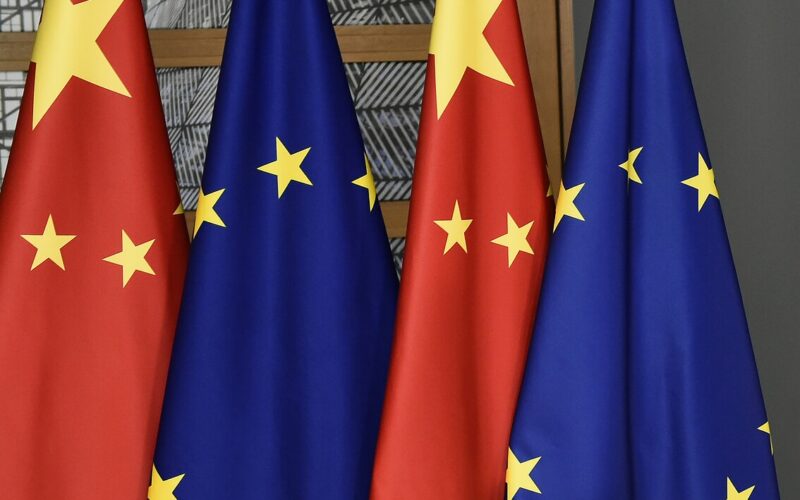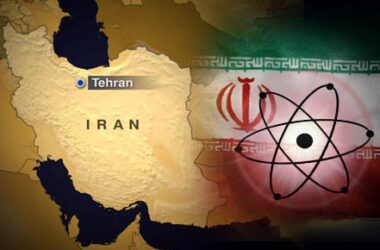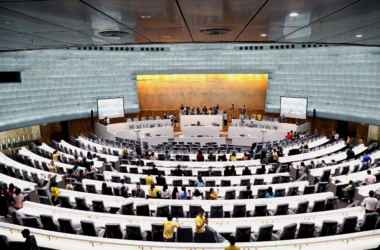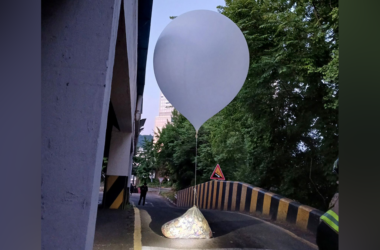Chinese President Xi Jinping embarked on an important diplomatic trip to Europe, marking his first visit of this kind in the last five years. In addition to visiting France, the Chinese leader’s itinerary also included visits to Serbia and Hungary, two countries known for their close ties with Russia. This strategic move highlights China’s efforts to strengthen relations with countries that share similar views on certain geopolitical issues. This tour is crucial, especially against the background of the ongoing conflict between Russia and Ukraine and the difficult economic dynamics in relations between Beijing and Brussels.
Matt Geraci, Deputy Director of the Atlantic Council’s Global China Center, identifies three main goals behind Xi Jinping’s European trip: resolving geopolitical tensions in Europe, weakening the EU’s economic security position towards China, and reaffirming Beijing’s strong allied relations with Serbia and Hungary.
The trip to France has symbolic significance, as it is timed to coincide with the 60th anniversary of the establishment of diplomatic relations between China and France. However, the visit is taking place against the backdrop of escalating global tensions, in particular the protracted conflict in Ukraine, which is the central topic of discussion.
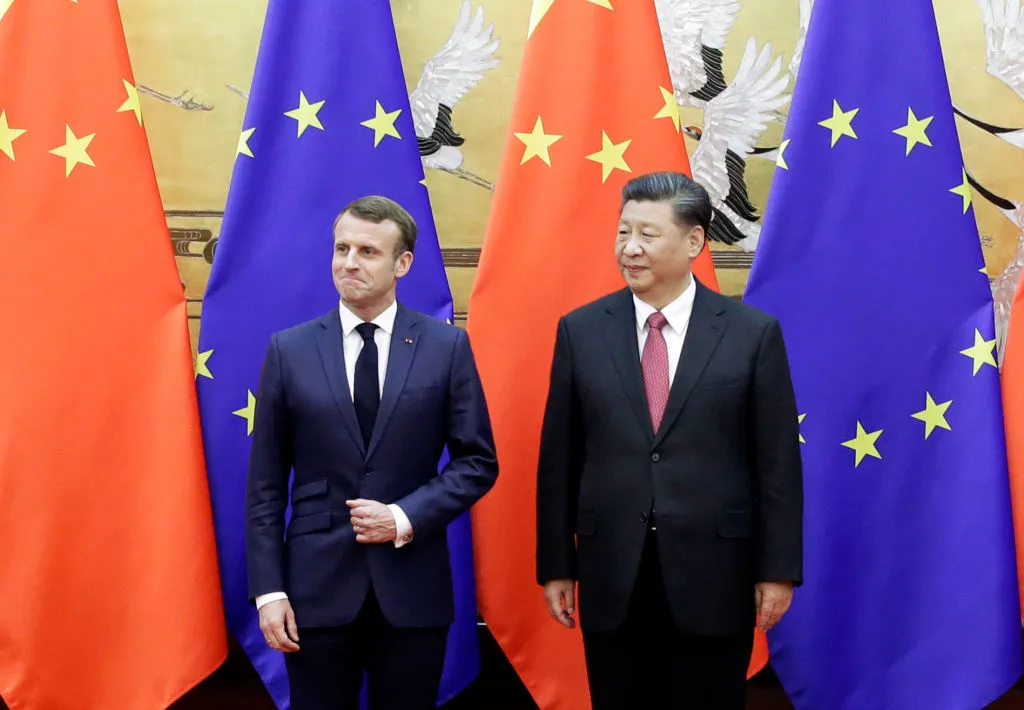
Starting his European stay with a visit to France, Xi Jinping held talks with French President Emmanuel Macron and European Commission President Ursula von der Leyen in Paris on May 6. This meeting is of particular importance against the background of the war in Ukraine and differences of opinion on this issue.
France has repeatedly called on Xi Jinping to put pressure on Russian President Vladimir Putin in connection with the Russian-Ukrainian conflict. At the same time, Xi Jinping has his own view on this problem, and one of the main goals of his visit to France is an attempt to influence Macron’s point of view on the Russian-Ukrainian conflict. Xi Jinping expressed China’s willingness to cooperate with the EU in general and with France in particular in order to strengthen Sino-European relations, strengthen stability and promote global prosperity and peace. However, the complexities of the Russian-Ukrainian crisis create serious obstacles to diplomatic contacts, since Macron’s political actions, according to Xi Jinping, are unlikely to lead to an improvement in the situation, will not contribute to the restoration of peace in Europe and could potentially lead to an escalation of the conflict.
Xi Jinping is trying to convince Macron of the need for active participation to restore peace in Europe, especially in the context of Switzerland’s initiative to hold a peace conference. Despite the fact that Russia’s precondition for negotiations, according to Macron, poses a serious problem for diplomatic progress, the need to restore peace and end the war are of priority importance.
Although China officially claims to remain neutral in the Ukrainian conflict, its growing ties with Moscow point to a broader geopolitical position. It is also worth mentioning that in connection with Putin’s upcoming visit to China, the strategic situation may soon undergo further development.
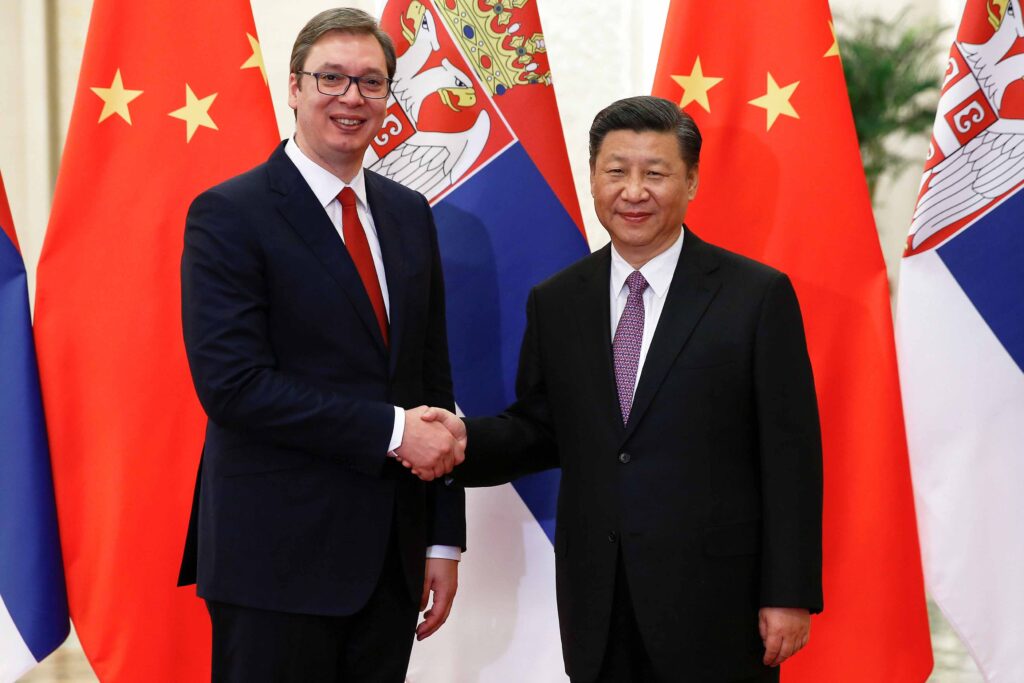
Subsequent stops in Serbia and Hungary are also of great geopolitical importance. Xi Jinping arrives in Serbia on the anniversary of the explosion at the Chinese embassy, a historic event that continues to have an impact on bilateral relations. Serbia’s rapprochement with China provides a strategic partnership, especially in the Western Balkans.
Xi Jinping held talks with Serbian President Aleksandar Vucic on Wednesday, underscoring the mutual optimism for further enhancing the robust friendship between China and the Balkan nation during his visit to Belgrade.
Xi’s visit to Serbia holds additional significance as it coincides with the 25th anniversary of the bombing of the Chinese Embassy in Belgrade by U.S. jets during NATO’s air campaign over Kosovo. This tragic event has further solidified the political ties between China and Serbia.
A warm reception greeted Xi as thousands of individuals, chanting “China-Serbia” and waving flags, gathered in front of the Serbia Palace on Wednesday for a welcoming ceremony. President Vucic, addressing the crowd from a balcony, hailed Xi as an “ironclad” friend and emphasized the historic significance of his visit in fostering even closer ties between the two nations.
During the official meeting, Xi expressed appreciation for the genuine friendship between the Serbian and Chinese peoples, noting the profound impression it left on him.
Evidence of pro-China sentiments adorned the streets of Belgrade, with prominent displays of Chinese and Serbian flags, including a large Chinese flag displayed on a skyscraper along a major roadway. This symbolism reflects the substantial investments and loans China has injected into Serbia, particularly in sectors like mining and infrastructure.
The strategic partnership between Serbia and China, established in 2016, along with a free trade agreement signed last year, underscores the deepening economic cooperation between the two countries.
Chinese investments in Serbia extend to critical sectors such as mining, steel production, and infrastructure development, including the construction of roads, highways, and railways.
In a statement issued by China’s Foreign Ministry, Xi emphasized the enduring strength of the bilateral relationship, expressing confidence that his visit would usher in a new phase of cooperation between China and Serbia.
Serbia’s acquisition of a sophisticated Chinese anti-aircraft system in 2022 underscored the expanding military cooperation between the two nations, a move viewed by experts as indicative of China’s expanding global influence.
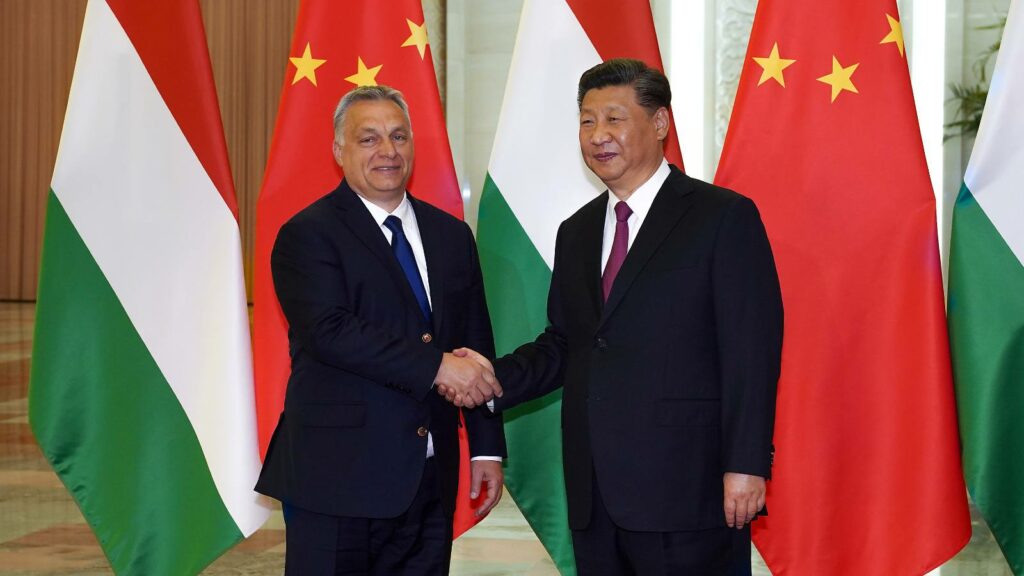
In Hungary, Xi Jinping meets with President Viktor Orban, known for his friendly position towards Russia in the EU. Hungary’s growing cooperation with Beijing and Moscow is making other EU members think about their own views on the Russian-Ukrainian conflict.
The Hungarian-Chinese Security Cooperation Agreement and the Chinese One Belt, One Road initiative further strengthen bilateral relations. Current infrastructure projects and mutual strategic interests are among the topics discussed.
Xi Jinping’s visit to Hungary holds significance in the context of growing trade and investment ties between the two nations, particularly under the leadership of Prime Minister Viktor Orban, whose policies have fostered a closer relationship with China compared to some other European Union countries.
Xi expressed hope that Hungary, which is set to assume the rotating presidency of the European Union in the second half of the year, would use this opportunity to enhance China-EU relations and solve other breach political issues.
Hungary’s tilt towards Beijing began under Prime Minister Orban’s tenure, which commenced in 2010. Over the years, this relationship has evolved from political warmth to tangible investments, particularly in sectors like battery and electric vehicle manufacturing.
Xi Jinping’s visit underscores the deepening economic and political ties between China and Hungary, highlighting the importance of bilateral cooperation in navigating global challenges and fostering mutual development.
The modernization of the railway connecting Budapest and Belgrade, part of a broader Belt and Road initiative linking Europe and China, exemplifies the deepening economic ties between Serbia, Hungary, and China. Despite delays, the project is anticipated to significantly enhance transportation infrastructure in the region upon its completion in 2026.
Xi Jinping’s European tour is of great diplomatic importance in the context of geopolitical uncertainty and economic difficulties. While China is striving to strengthen partnerships and cope with global challenges, the Russian-Ukrainian conflict remains one of the key issues in shaping the trajectory of Sino-European relations.




